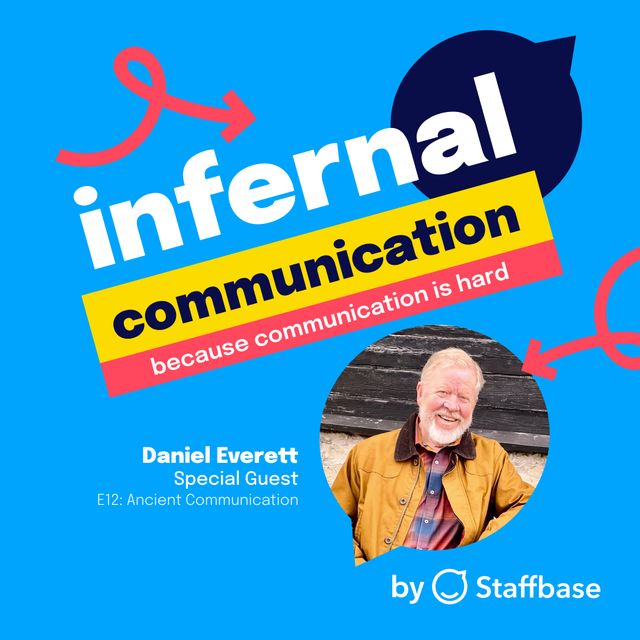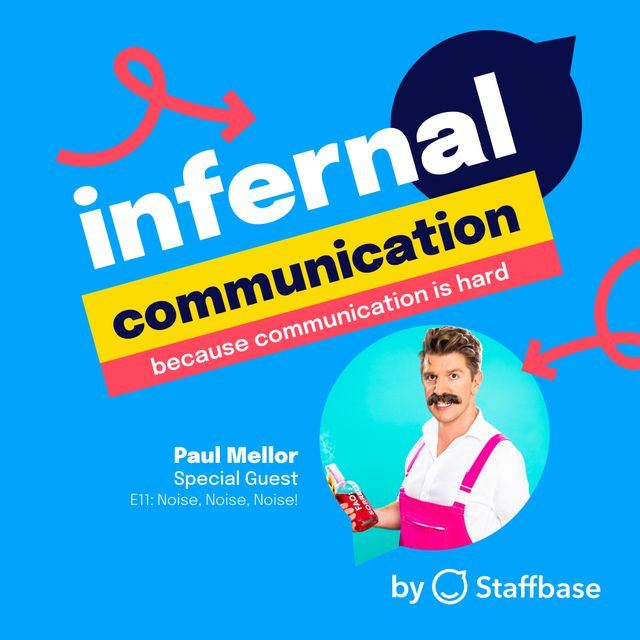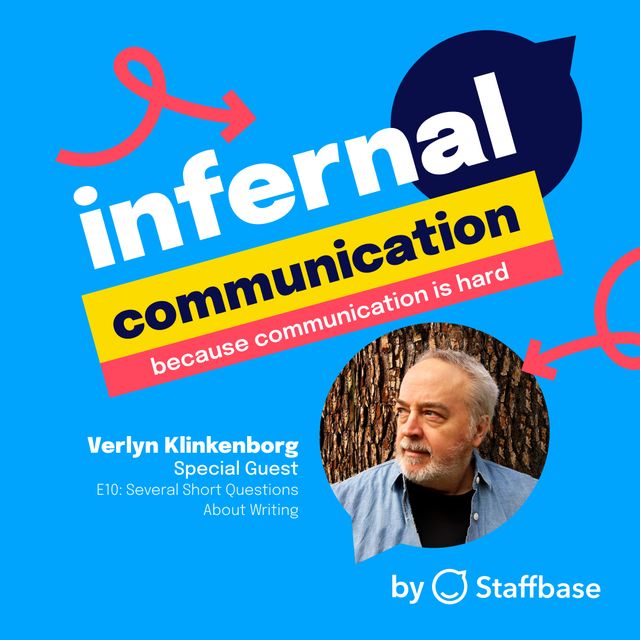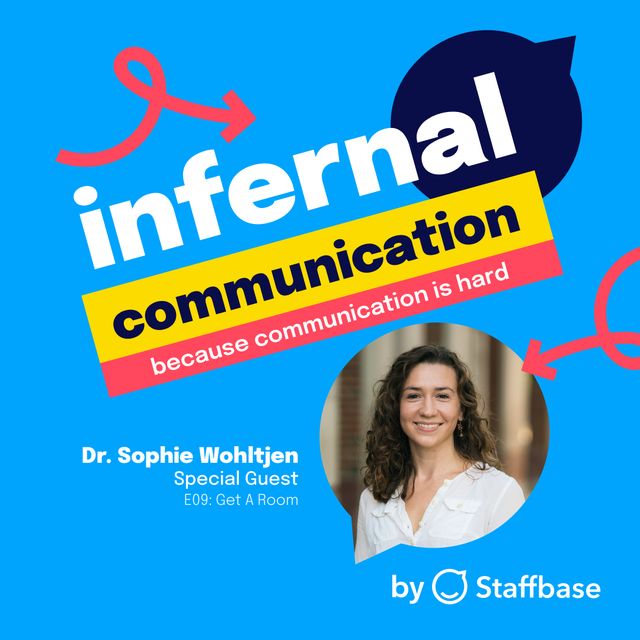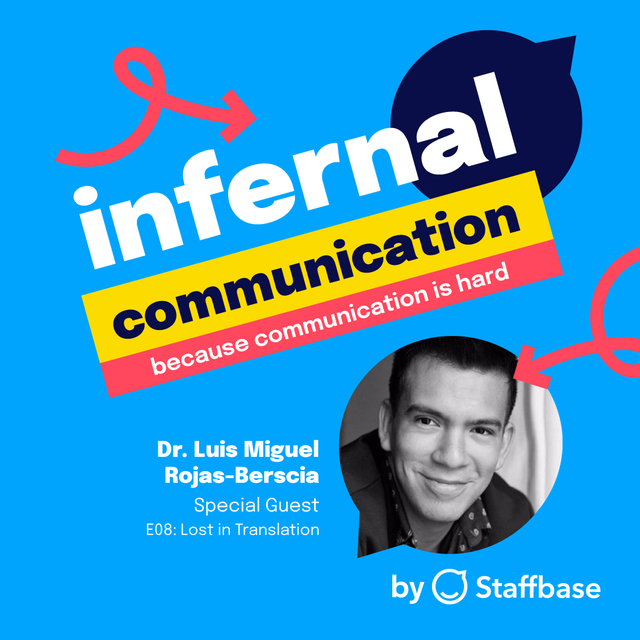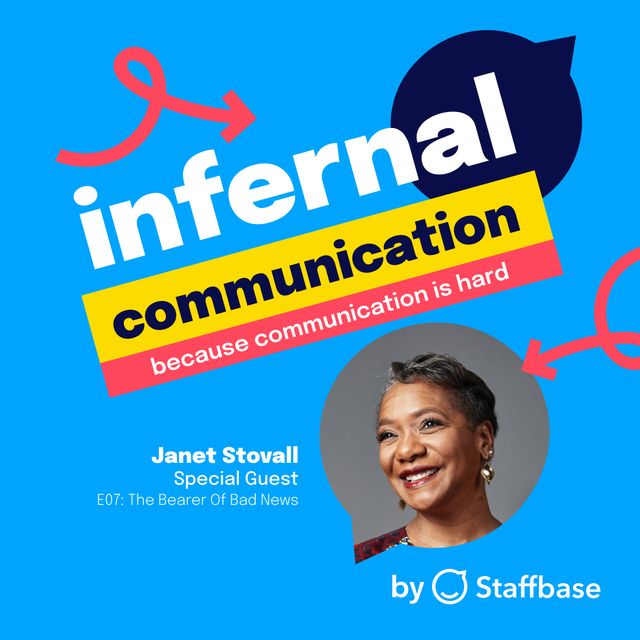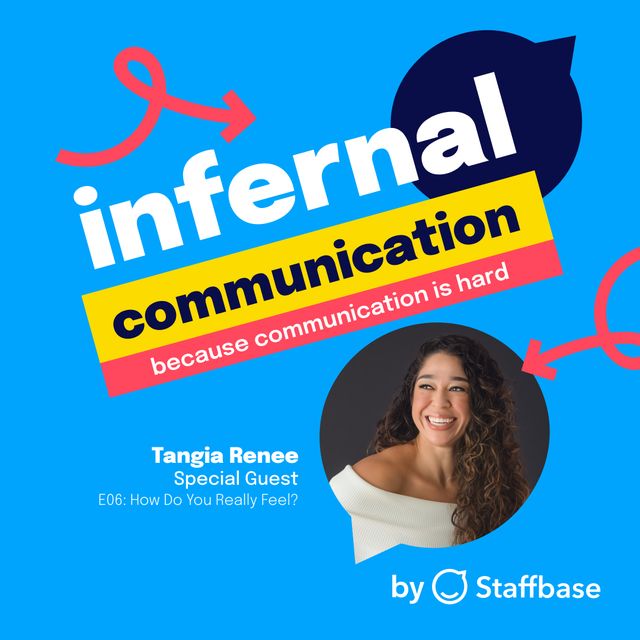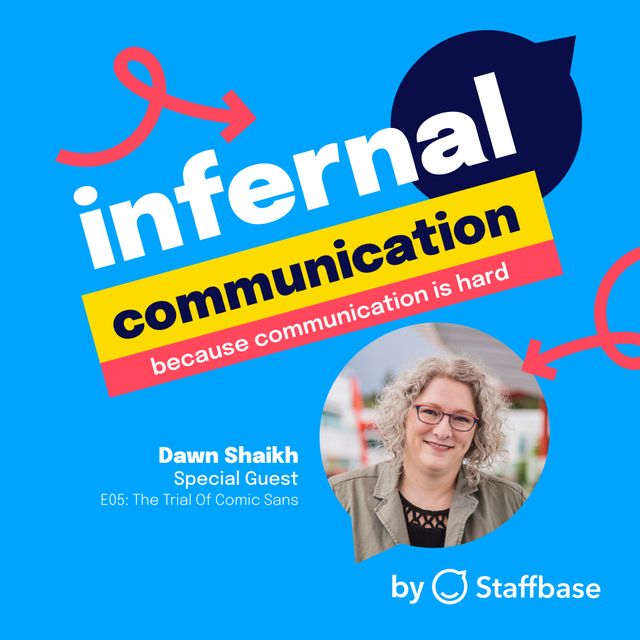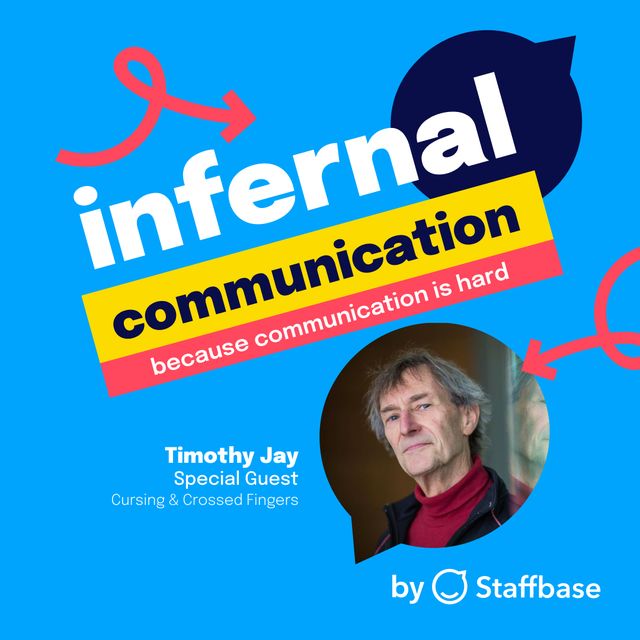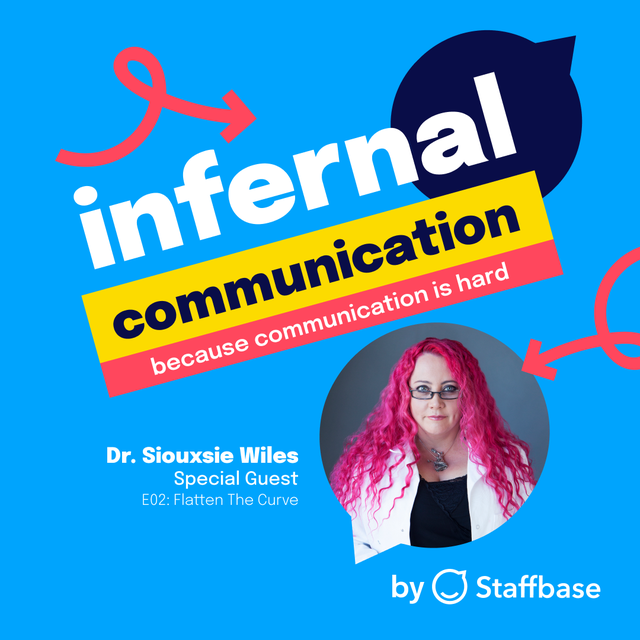Read more
Audio
Listen to Infernal Communication podcast
Join us as we recruit authors, scientists, and experts to shed some fresh perspectives to soothe the burn of your latest communications snafu. Let’s start thinking differently about the way we communicate both professionally and personally.
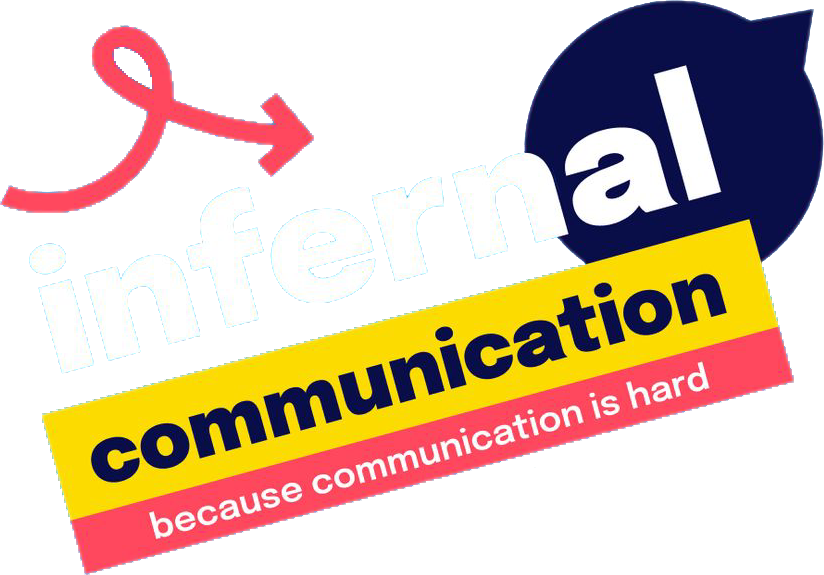
Read more
Read more
Read more
Read more
Read more
Read more
Read more
Read more
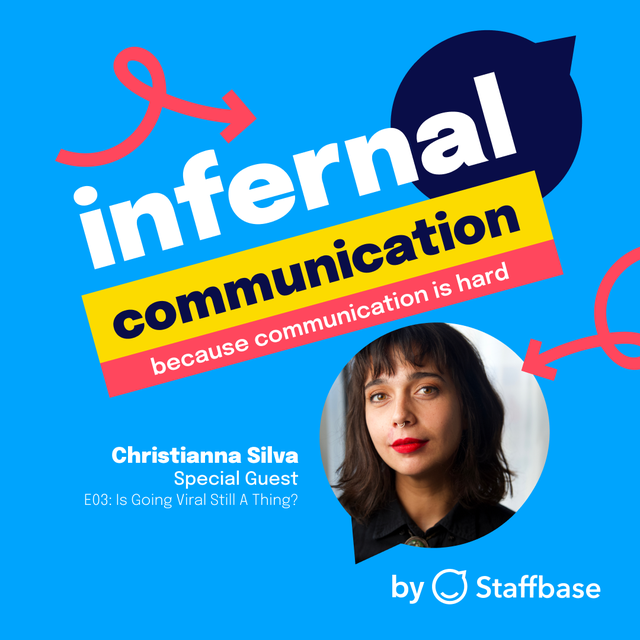
November 17, 2022
Can you intentionally make something go viral? Or better yet, should you?
Read more
Read more
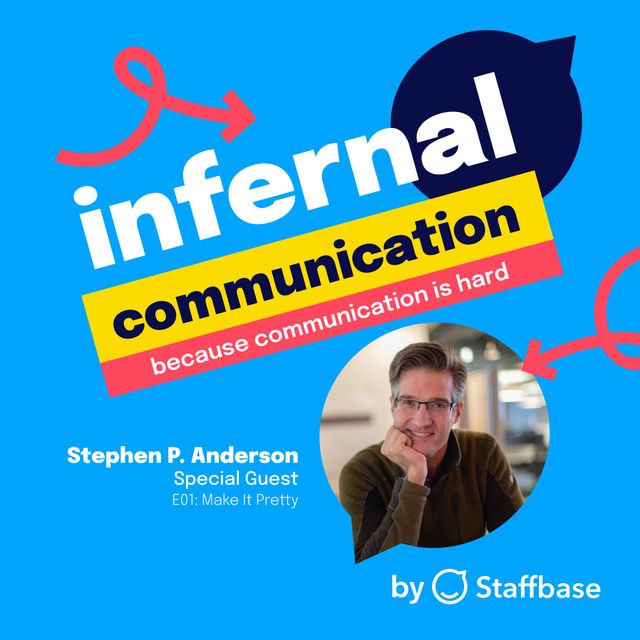
October 20, 2022
How rethinking these three little words can shift our perception of beauty
Read more
